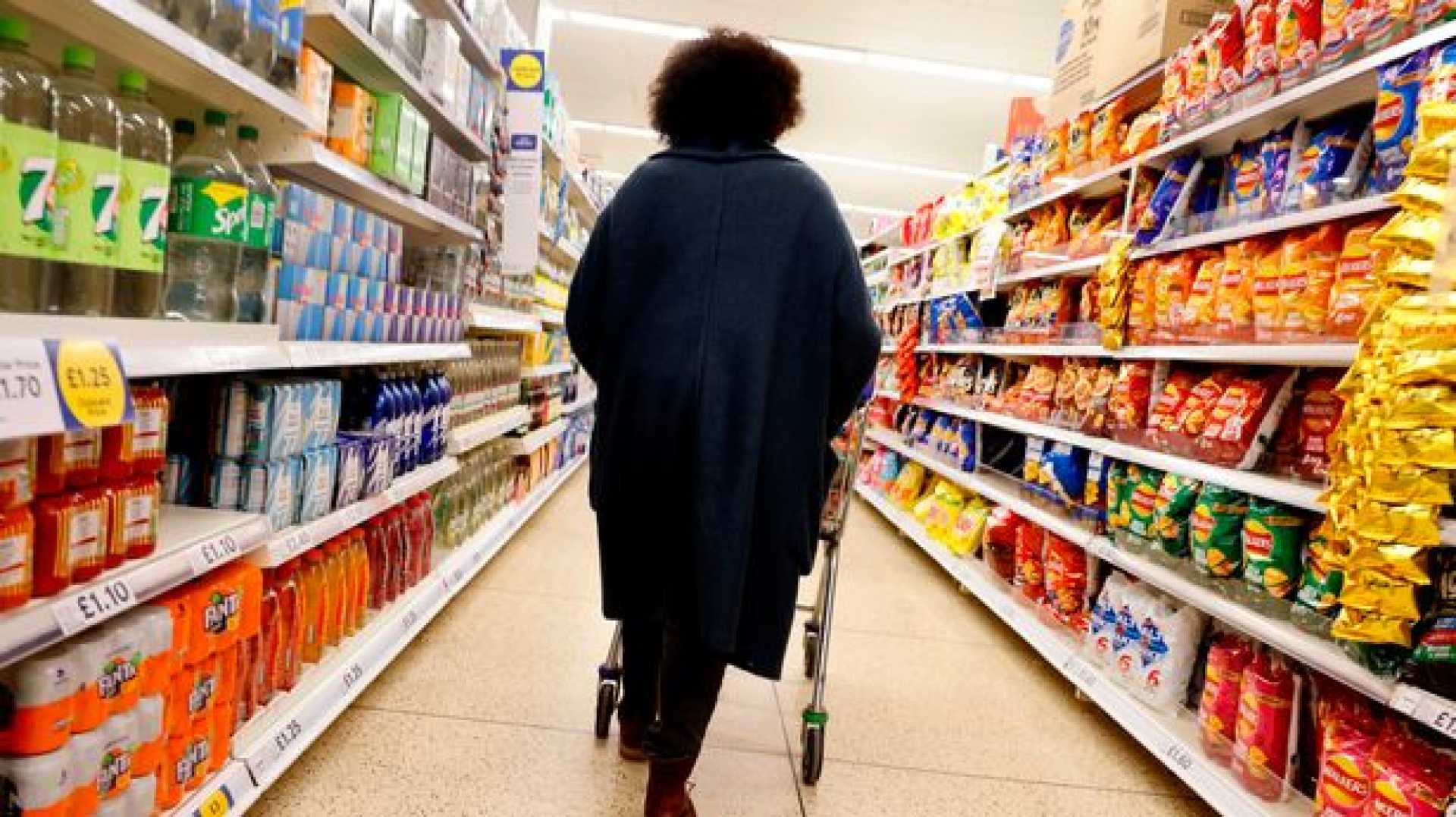Business
UK Supermarket Shoppers Face Higher Prices at Convenience Stores, Study Shows

According to a new report by consumer magazine Which?, shoppers at smaller convenience stores in the United Kingdom could be paying significantly marked-up prices for essential groceries compared to larger supermarket locations. The report reveals that individuals who frequent convenience stores could spend hundreds more annually on basic items such as milk, bread, and butter.
The study indicates that over half of the population uses these smaller convenience locations at least once a week, potentially incurring higher expenses with each visit. Among the chains analyzed, Morrison's Daily had the largest price increase, with customers paying 21% more on average than they would for the same products at larger stores. A weekly basket containing 42 grocery items could cost £16 more at a convenience store, leading to an annual difference of approximately £832.
Sainsbury's Local stores exhibited a 14% higher cost than their larger counterparts, while Tesco Express stores were found to be 11% more expensive. Essential items such as milk, butter, and bread showed varying markups across these outlets, with milk prices increasing by an average of 8%, bread by 14%, and butter up to 20%.
Specific products experiencing the most significant price hikes included Morrison’s own-label chickpeas, which saw a 104% increase from 49p to £1, and Sainsbury’s own-label butterbeans, with a 67% rise from 48p to 80p. Meanwhile, a six-pack of Mr Kipling Bakewell Slices at Tesco jumped 54%, from £1.50 to £2.32.
Supermarket chains defended these price differences by citing higher operating costs at convenience stores. Tesco explained that its smaller stores are often located in built-up areas where rents, rates, and other expenses are higher. Sainsbury’s and Tesco also noted that the varied prices reflect the different shopping experiences and logistical challenges associated with smaller locations.
Steve Burt, a professor of retail marketing at the University of Stirling’s Institute for Retail Studies, supported this explanation by stating: “Space costs tend to be higher due to rent and business rates, and it’s less economically efficient to replenish smaller stores in town centres. Instead of sending one large articulated lorry to one huge store, they must deliver the same quantity of products to 10 or 20 stores.”
Which? expressed concerns about these pricing practices, especially given that many individuals rely on convenience stores due to their proximity or lack of access to larger supermarkets. The research found that 66% of households earning less than £21,000 annually depend on convenience stores at least once a week. The findings highlight socio-economic challenges such as limited access to affordable food options and a greater reliance on smaller outlets in economically strained areas.












